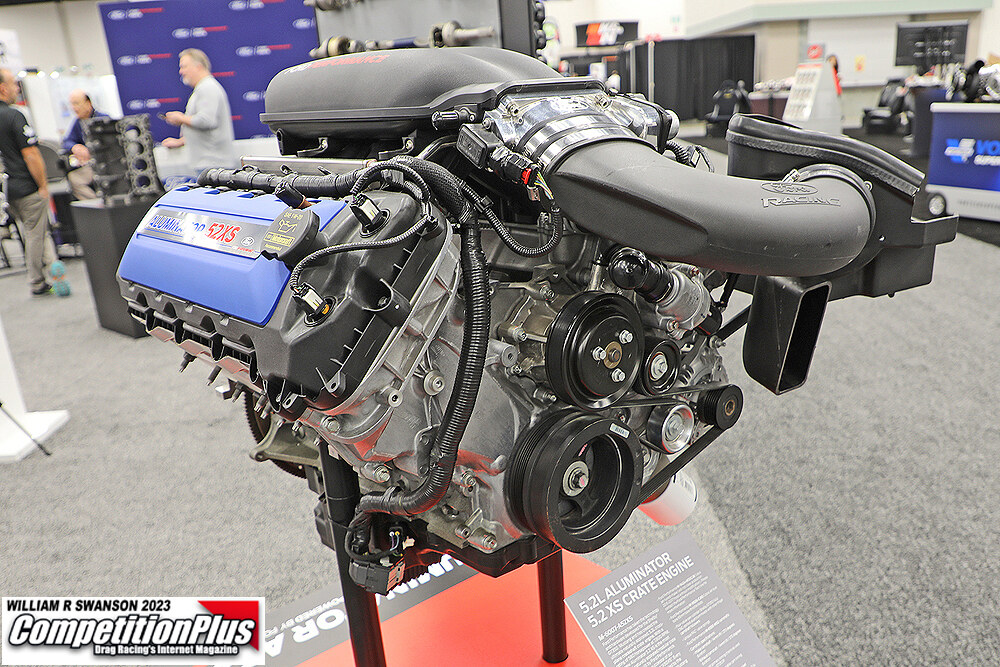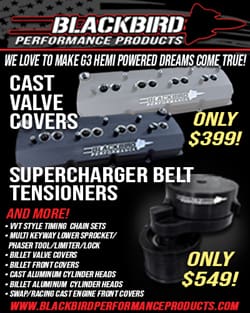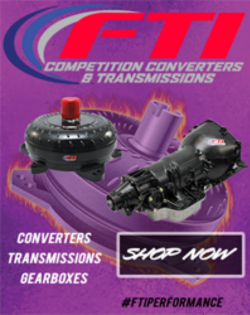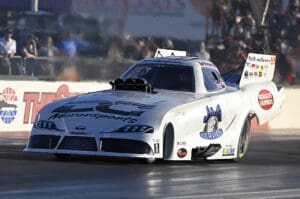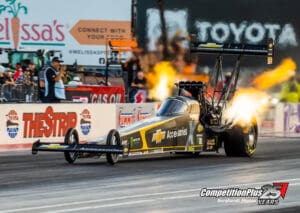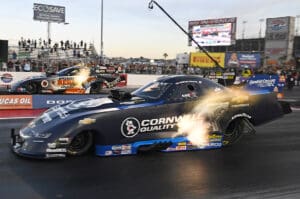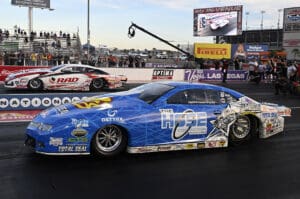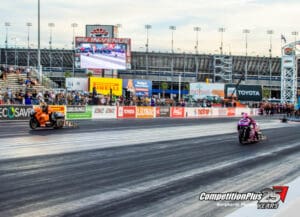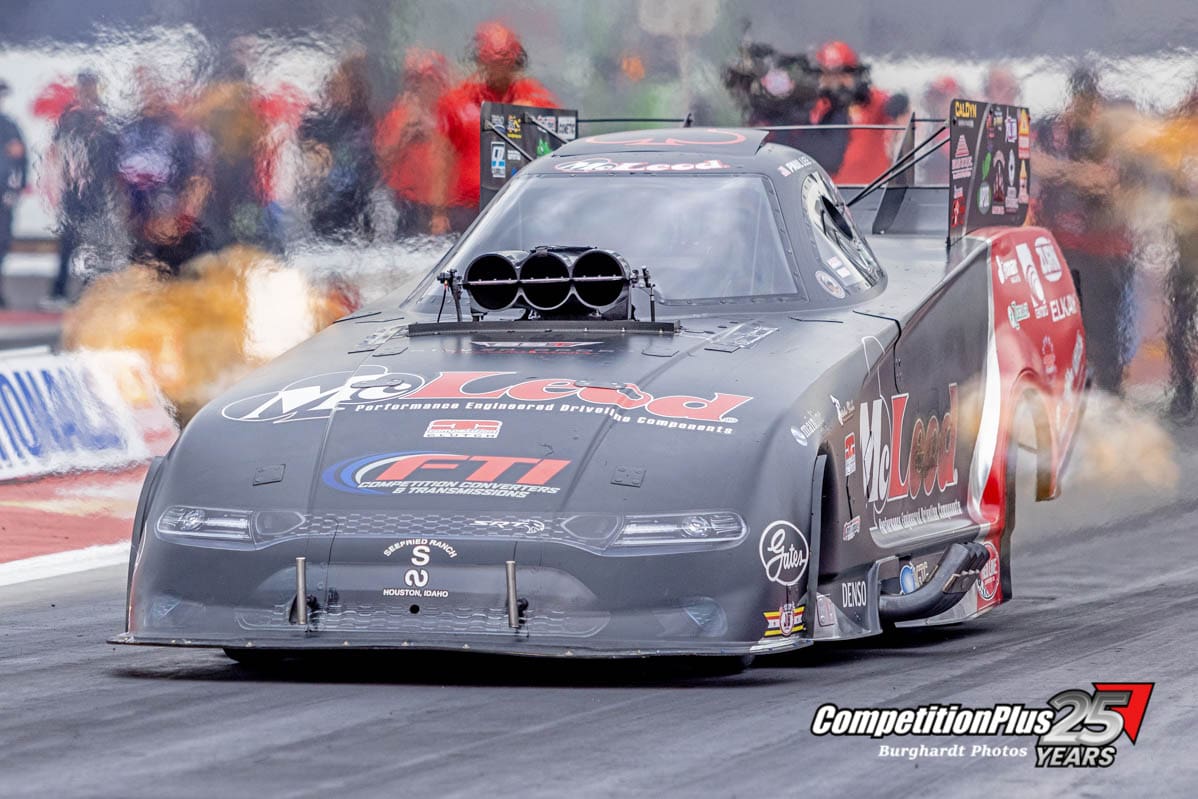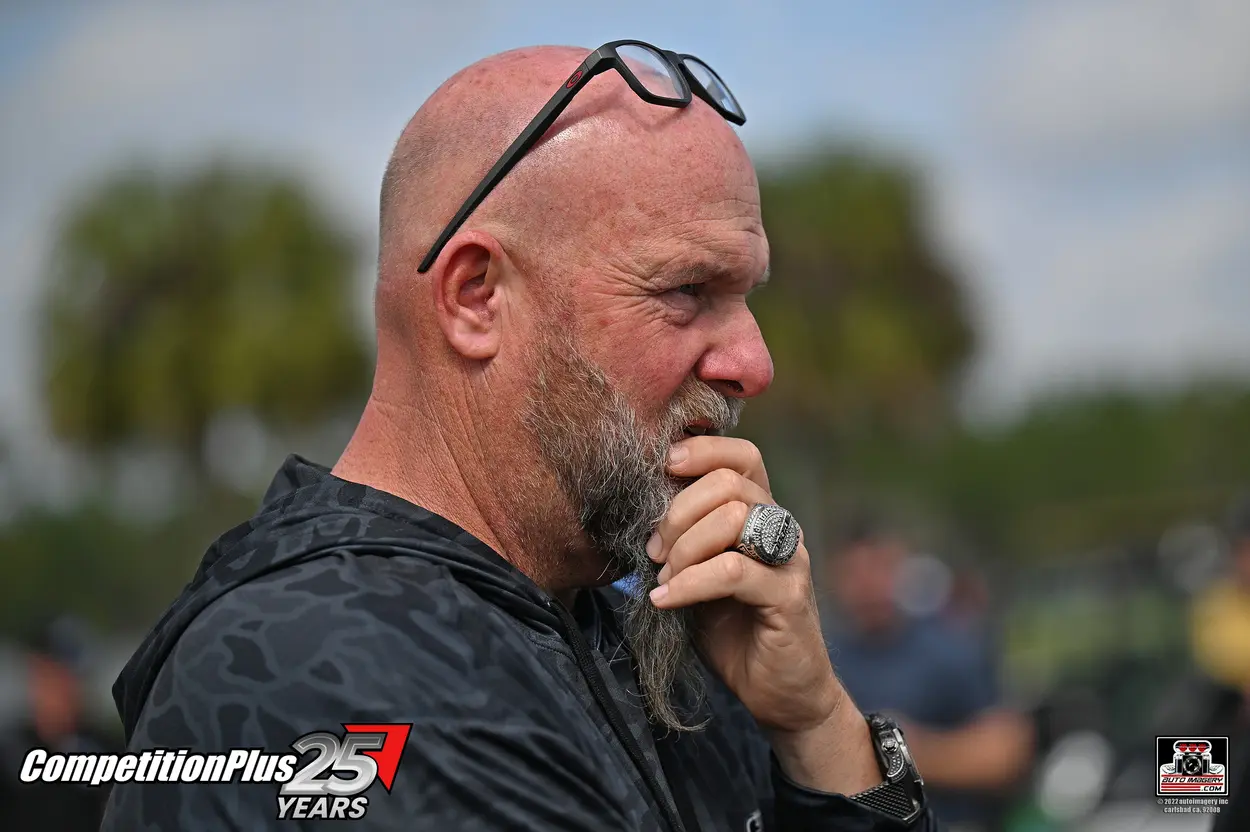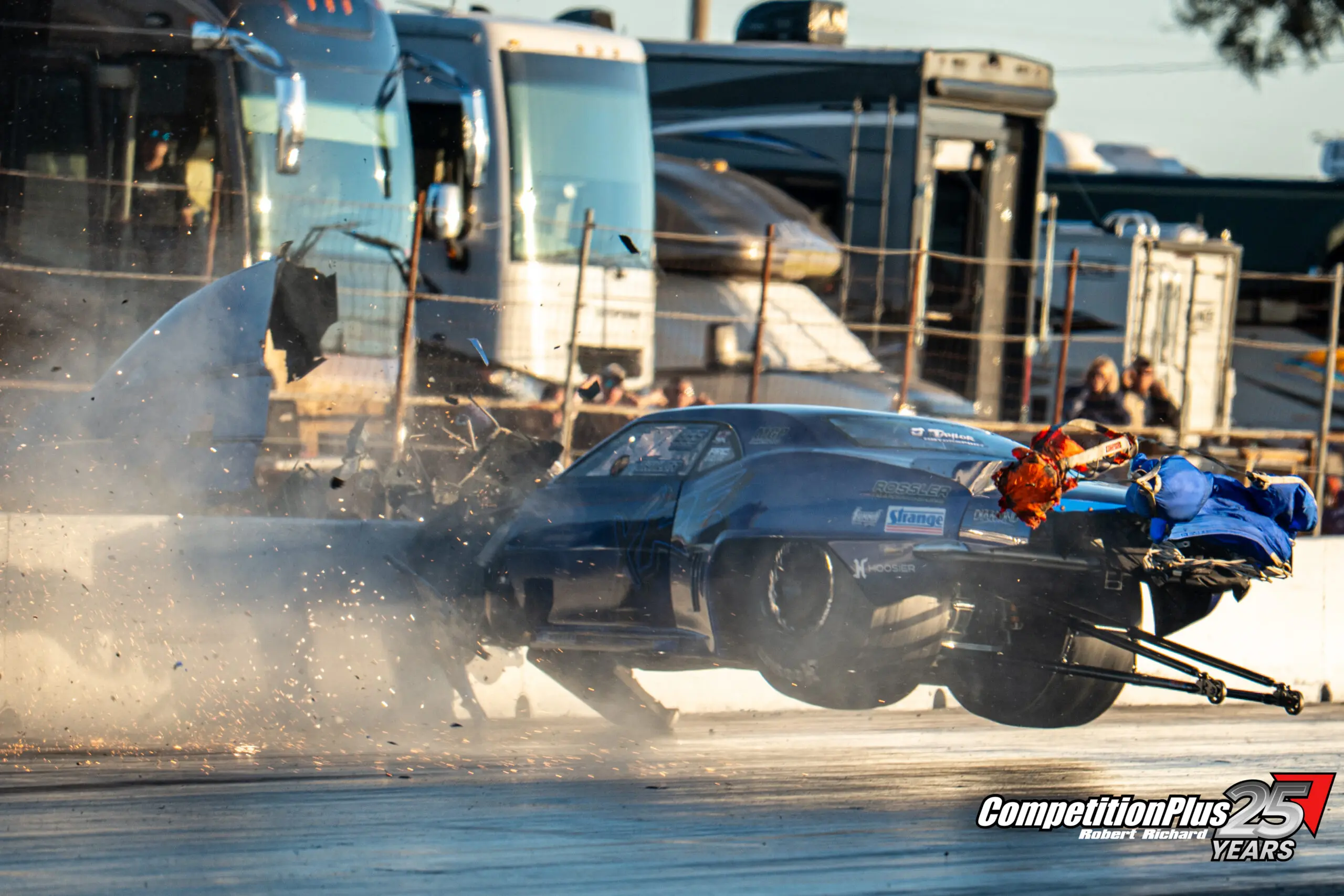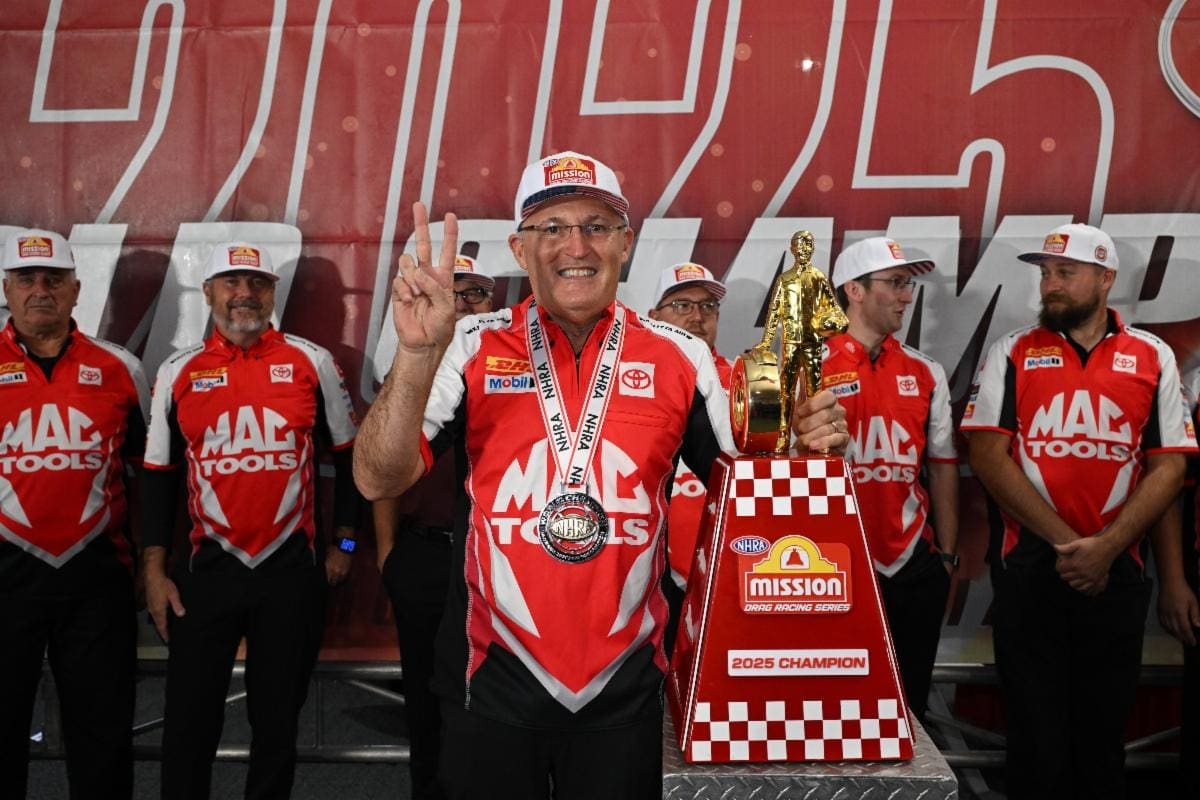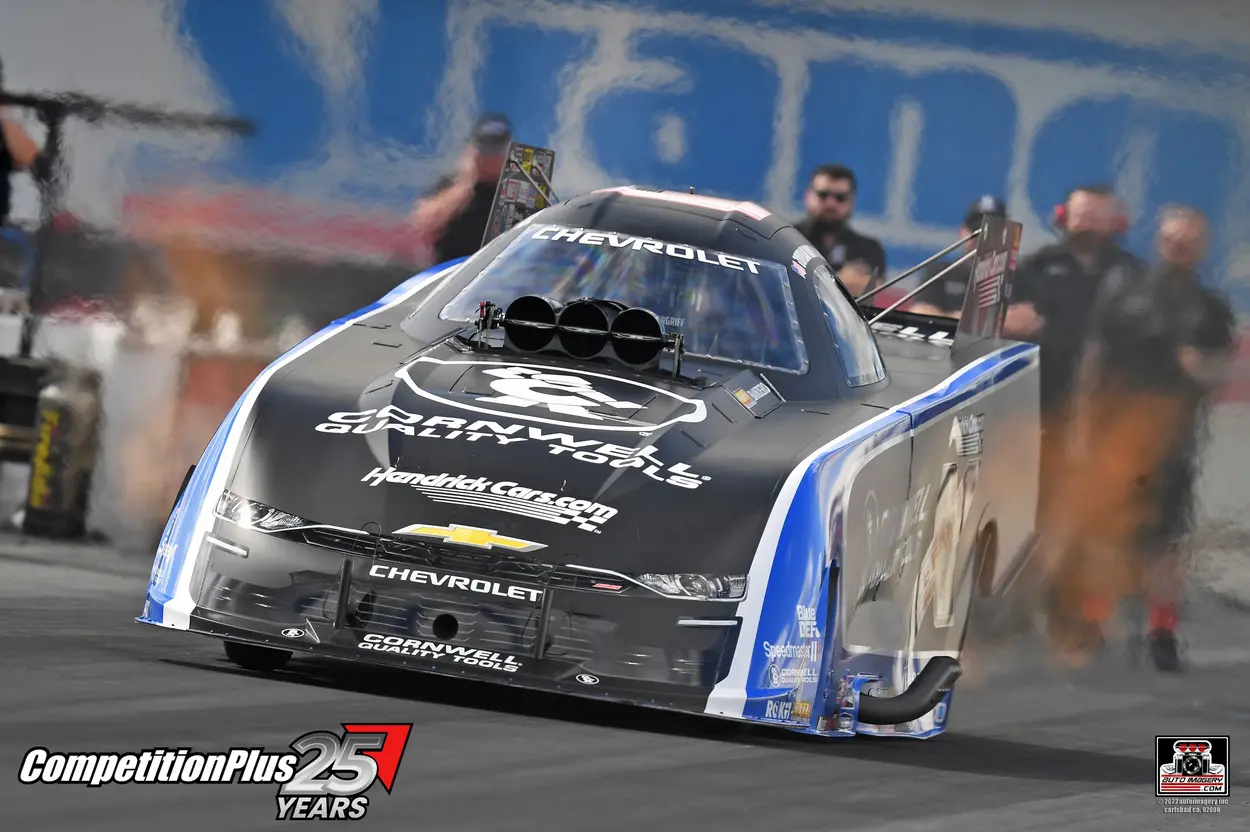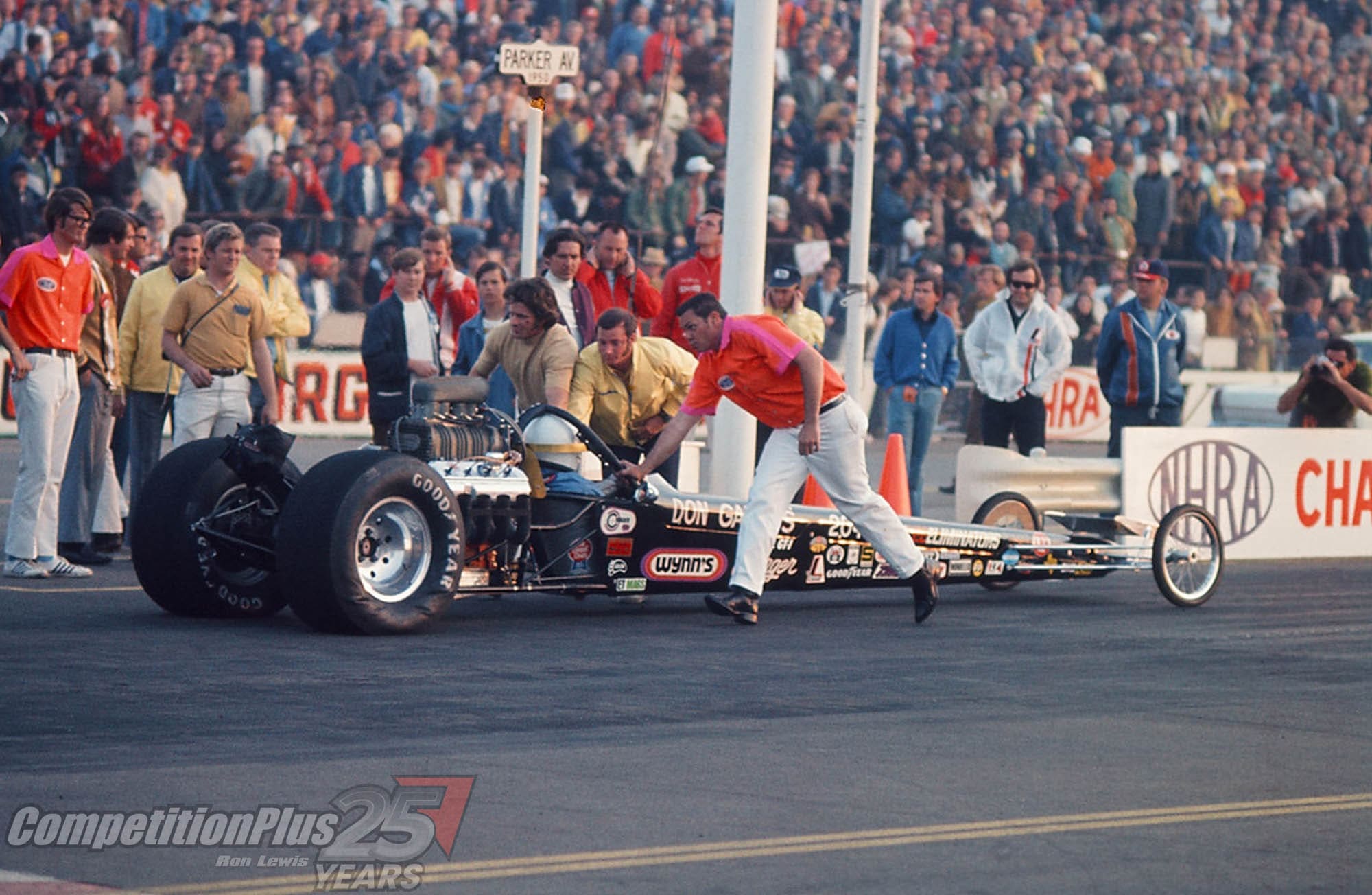
The five-time NHRA Pro Stock Motorcycle champion walked into the media center at Bandimere Speedway with a sly grin and a reality that he had the field covered by a bunch. After the first session at the Dodge Mile High Nationals, the spread was almost .07 of a second. It tightened to a little over .06.
Smith cited the lack of spare parts for parking his Suzuki for the event, but he knew the Vtwin had an advantage in the thin air.
The truth was when qualifying ended on Saturday, Smith had .064 on the closest Suzuki. This advantage was nothing new as the Vtwins have held dominance over the Suzukis on Thunder Mountain. Last season, Smith held .06 headed into race day, and in 2019 (2020 was canceled due to COVID), low qualifier Eddie Krawiec, then on a Harley-Davidson, carried almost .11 into final eliminations.
Smith, during the provisional qualifying press conference, following his early shutoff Q2 run, was asked if he feared retribution (in the form of a rules adjustment) for his advantage.
“I don’t think they’ll penalize us because they’ve always told us that this is a one-off deal up here,” Smith said.
Evidently, someone changed their mind.
Headed into Sonoma, the Suzuki four-valve combination will now have a minimum weight of 625, while the Vtwin bikes will return to the 640 minimum they held at the beginning of the season.
“That basically cripples any chance the Buell has of being competitive,” Smith confirmed. “Especially at sea level tracks and stuff like that, which, that’s the majority of our race tracks.”
In a he-said, he-said scenario, Smith wondered why the Vtwin combination suddenly got the penalty. He’s been very open about his willingness to go between combinations. He even did so in the middle of the race using a loophole added to the rulebook to help teams during live television windows.
“NHRA, they tell you stuff, and then they seem to forget what they tell you. They forget what they’ve done in the past,” Smith explained. “In the 20 some years we’ve been coming to this track, there has never, ever been a rule change made after Denver in our class. And the simple fact is that NHRA knows that the V-twins have an advantage at Denver. It’s a one-off race track.”
Smith isn’t exaggerating the Denver Vtwin advantage part of his statement. The last time a Suzuki qualified No. 1 in Denver was 2010, when four Suzuki’s led by Michael Phillips took the top spots. Before that, it was Angelle Sampey in 2002. On race day, it was 2011, the last time a Suzuki won in Denver, and this was Karen Stoffer.
“All the years Harley dominated this mountain, this is the first place Harley Davidson was ever competitive at [NHRA] didn’t make any rule changes,” Smith said. “Harleys won 12 times up here. Suzuki’s won two times in the last 20 years. So why would we do a rule change now when it was only a .05 advantage that the V-twin had over the Suzuki platform?”

Smith said the Vtwin combination will return to its disadvantage at the beginning of the season when at the Houston race, the Vtwins were .06 behind the Suzukis in qualifying. He pointed out that if there’s a rule change, it should be a one-race to help the Suzukis at the high-altitude race.
“NHRA needs to retract their statement that they just did,” Smith declared. “Next time we come to the mountain, just make a rule adjustment for the Suzuki. Take 5 pounds or 10 pounds off of them to help them out. That’s what should be done. Not freaking penalize. It’s a 15 pound weight swing of what they did.
“When Suzuki won Sonoma last year after I dominated this deal last year up here, I outran them, .05 up here last year. They didn’t make a rule change. I went to Sonoma and got my butt beat by Karen Stoffer last year. So Suzuki’s always been dominant at sea level tracks.”
Smith carried a .064 advantage after qualifying ended in Denver last week, which was .004 more than in 2021, and .001 less than in 2019. By the time eliminations concluded on Sunday, that advantage had decreased to .048.
Smith said the NHRA’s Tech Department inspected his bike on Saturday evening, and the ride was declared legal. He’s quick to point out his performance had nothing to do with the parts and pieces on his bike.
In 2018 and 2019, Smith said his team stayed over an extra day to test, making a mountain of difference in his high-altitude program.

“I asked Larry Crispe, [Bandimere Track Manager], ‘Has a Suzuki ever come up and tested here?”
“And he said, ‘absolutely not. You’re the only one that’s ever been here in the last ten years in Pro Stock Motorcycles that’s tested.”
“But yet, I get penalized for it.”
Smith said he wins and loses in the process. He will return to the Suzuki for Sonoma, but his teammate bike, a Vtwin ridden by his wife Angie, and sponsored by event sponsor Denso, will bear the brunt of the NHRA’s decision.
“I was going to start on a Suzuki in Sonoma because they have an advantage,” Smith said. “Well, now they got a whole much more advantage. I would bet everything that I own that at least the top six positions will be Suzuki in Sonoma; if not, the top seven positions will be Suzuki. A V-twin won’t even be in the top six. That’s how much they got the rules out of hand now again.
“This is what needs to be done. [NHRA needs to] see what happens after the Sonoma raise. And if a rule change needs to be made, do it after Sonoma. Not after Denver.”
















